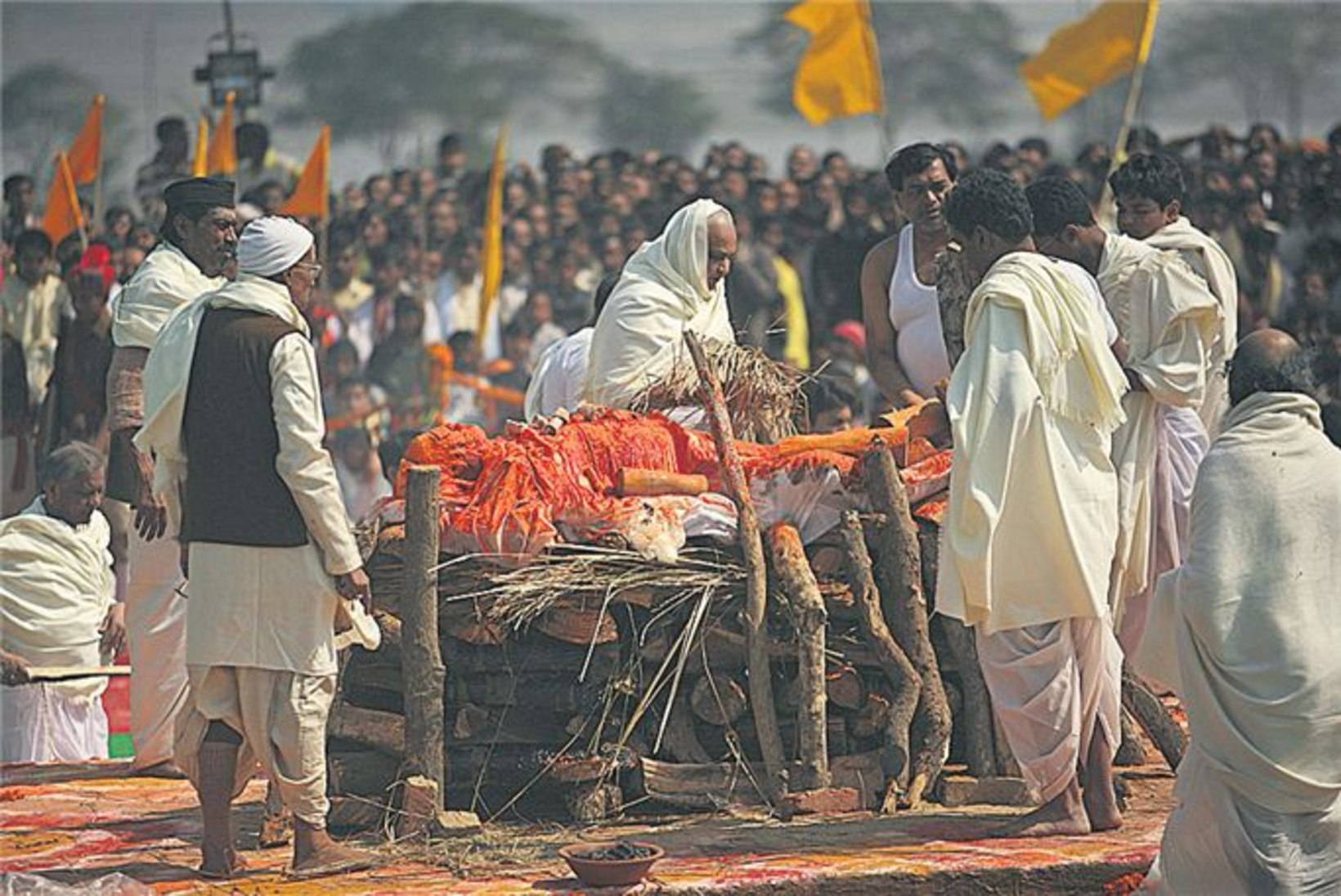
Death Certificate
A death certificate is an official document issued by the government that certifies the date, place, and cause of a person's death. It is a critical legal document required for settling the deceased's affairs, including claims to inheritance, insurance, and the transfer of assets. In India, obtaining a death certificate is mandatory under the Registration of Births and Deaths Act, 1969.
Legal Importance of a Death Certificate
- Proof of Death: A death certificate serves as legal proof of death, which is necessary for various administrative and legal processes, such as closing bank accounts, claiming life insurance, and settling property matters.
- Inheritance and Succession: The certificate is required to initiate the process of inheritance and succession, allowing legal heirs to claim their rights over the deceased's assets.
- Termination of Liabilities: It is used to formally terminate any obligations or contracts held by the deceased, such as loans, leases, and utility services.
- Social and Legal Benefits: Certain benefits, such as pensions, provident funds, and gratuities, can only be claimed by the surviving family members upon presenting a death certificate.
Process of Obtaining a Death Certificate
- Registration of Death: The death must be registered with the local municipal authorities within 21 days of occurrence. The responsibility for registration typically lies with the family members, hospital staff, or, in certain cases, the local police.
- Application Submission: After registration, an application for the death certificate can be submitted to the local municipal office or the registrar of births and deaths. The application must include details such as the deceased’s name, date and place of death, and proof of death issued by the hospital or medical practitioner.
- Verification: The authorities will verify the information provided in the application, often by cross-checking with hospital records or conducting an inquiry in cases of non-institutional deaths.
- Issuance of Certificate: Once verified, the death certificate is issued, usually within a few days to a few weeks. Multiple copies of the certificate can be obtained for use in various legal and administrative matters.
Delayed Registration and Legal Implications If the death is not registered within the prescribed 21 days, it can still be registered through a delayed registration procedure. This may involve submitting an affidavit, a police report, and a fine. In cases where the death has not been registered for an extended period, a magistrate's order may be necessary to issue the certificate.
Corrections and Amendments Errors or omissions in the death certificate, such as misspellings or incorrect information, can be corrected by submitting an application along with supporting documents. Legal assistance may be required, especially in cases involving significant amendments or disputes over the details.





